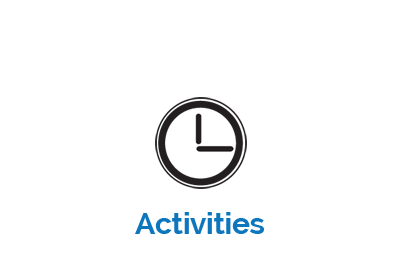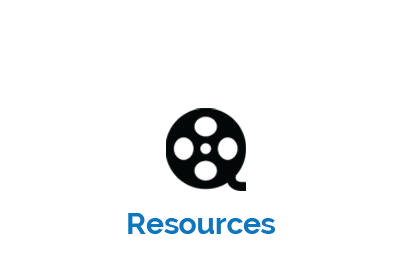A few decades ago educational organizations were collaborating on the use of instructional technologies for improving the quality of education, which allowed emerging online, distance, lifelong and continuous options for education. At least in the developed regions many of these technologies are already established, and there is a huge potential of using information available in the organizations as a result of the adaptation of instructional technologies and other ubiquitous ICT tools. In an information society, decision-making is gradually becoming easier on the one hand due to the availability and accessibility of information, but becoming complex on the other hand due to the complexity of the educational setups. Questions such as assessing individuals’ knowledge as a pre-requisite to a certain education program or as a requirement to certain occupation, into much broader questions of human resource management anticipate constructive answers. The European Union F7 framework project on Learning Analytics (LACE) mainly focused on how to increase the use of information for decision making.
Learning analytics is the term given to understanding and optimising the learning and the environments the learning has occurred. It requires measuring, collecting, analysing and reporting the data about the learner and their context. When the LACE project came to an end in 2016, the future focus was to encourage and collaborate with small and more localized groups for knowledge sharing, based on the six key goals in EU strategic framework for Education & Training 2020. In line with the said requirement, NUSILA, the Network of Universities, Society and industry for Learning Analytics focuses on collaboration on increasing the awareness, organizational readiness, and data and tools sharing for increasing the potential of evidence-based decision-making in educational and training setups. Hence NUSILA aims at developing collaboration among academia, industry and society in advancement of evidence based decision making.




